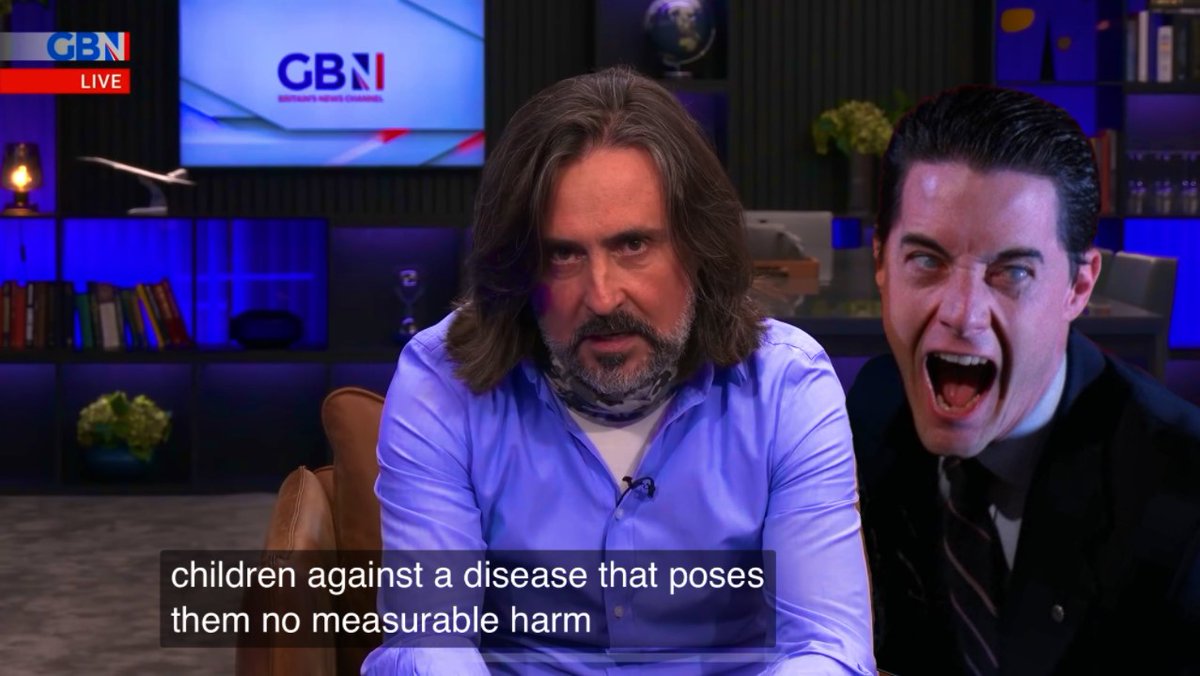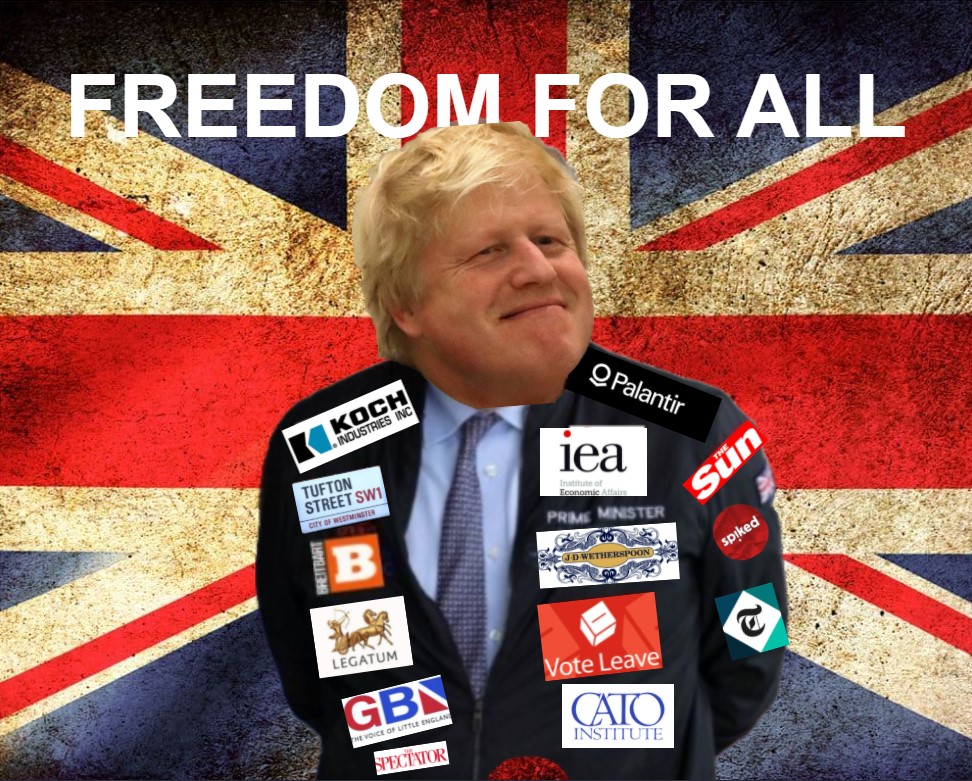
During the pandemic, our Govt made a LOT of assumptions about how people behave.
Many of those assumptions were wrong, & they led to disastrous policies.
The UK Govt in particular showed huge distrust of its citizens, & now 150,000 lives have been lost.
theconversation.com/human-behaviou…
Many of those assumptions were wrong, & they led to disastrous policies.
The UK Govt in particular showed huge distrust of its citizens, & now 150,000 lives have been lost.
theconversation.com/human-behaviou…
Several governments worried that their pandemic restrictions would quickly lead to “behavioural fatigue” so that people would stop adhering to restrictions. In the UK, Dominic Cummings recently admitted that this was the reason for not locking down the country sooner.
The Govt’s failure to provide financial & other forms of support for people to self-isolate was driven by their fear that the system “might be gamed”, that people who tested positive may falsely claim they'd been in contact with all their friends, so they could all get a payment.
These examples show just how deeply some governments - like our catastrophic one - distrust their citizens.
As if the virus was not enough, the public was portrayed as an additional part of the problem.
But is this an accurate view of human behaviour?
As if the virus was not enough, the public was portrayed as an additional part of the problem.
But is this an accurate view of human behaviour?
The distrust is based on two forms of reductionism – describing something complex in terms of its fundamental constituents.
The first is limiting psychology to the characteristics – and more specifically the limitations – of individual minds.
The first is limiting psychology to the characteristics – and more specifically the limitations – of individual minds.
In this view the human psyche is inherently flawed, beset by biases that distort information. It is seen as incapable of dealing with complexity, probability & uncertainty – and tending to panic in a crisis. This view is very attractive to those in power & Government's like ours.
By emphasising the inability of people to govern themselves, it justifies the need for government to look after them, resulting in so-called nudge units – behavioural science teams tasked with subtly manipulating people to make the “right” decisions, without them realising why.
This approach is limited. As COVID has shown, it is particularly flawed when it comes to behaviour in a crisis: research shows the notion of people panicking in a crisis is something of a myth. People generally respond to crises in a measured, orderly way & look after each other.
The key factor behind this behaviour is the emergence of a sense of SHARED IDENTITY: extension of the self to include others helps us care for those around us & expect support from them. Resilience can't be reduced to the qualities of individual people - it emerges in groups.
Collective responsibility is driven by a sense of shared identity: the LAST thing Govts like ours want is their individualistic ideology undermined, & their carefully constructed divisions & scapegoating (the key strategy of ALL right-wing populist nationalist Govts) collapsing.
Another type of reductionism that Govts adopt is “psychologism” (reducing the explanation of people’s behaviour to just psychology) - another cornerstone of neoliberal ideology: that we are all just selfish, calculating, profit-maximising individuals.
Many factors shape what we do: we rely on information & practical means to decide what needs to be done – & to be able to do it.
If you reduce people to just psychology, it makes their actions entirely a consequence of individual choice - & thus blameworthy for poor choices.
If you reduce people to just psychology, it makes their actions entirely a consequence of individual choice - & thus blameworthy for poor choices.
If we get infected, it is because we chose to act in ways that led to infection: we decided to go out & socialise, we ignored advice on physical distancing.
This mantra of individual responsibility & blame has been at the core of the UK Govt’s response throughout the pandemic.
This mantra of individual responsibility & blame has been at the core of the UK Govt’s response throughout the pandemic.
When cases started rising in the autumn, the Govt blamed it on students having parties. Hancock even warned young people “don’t kill your gran”.
And now the government envisages the total removal of restrictions, the focus on what people must do has become even stronger.
And now the government envisages the total removal of restrictions, the focus on what people must do has become even stronger.
Boris Johnson: “I want us to trust people to be responsible & to do the right thing.”
This ignores the fact that, at critical points in the pandemic, infections rose not because people were breaking rules, but rather heeding advice, such as “go to work” & “eat out to help out”.
This ignores the fact that, at critical points in the pandemic, infections rose not because people were breaking rules, but rather heeding advice, such as “go to work” & “eat out to help out”.
And if people did break the rules, it was often because they had no choice. In many deprived areas, people were unable to work from home & needed to go to work to put food on the table. But the Govt largely chose to ignore this, embarrassed by the UK's grotesque inequalities.
Instead of helping people avoid exposing themselves & others, the individualistic narrative of personal responsibility blames the victim & further victimises vulnerable groups. As the delta variant took hold, Hancock repeatedly blamed people “choosing” not to have the vaccine.
The fundamental issue with the Govt’s distrust & its individualistic psychology is that it creates huge problems.
The UK government mistakenly assumed that people’s cognitive fragility would lead to – & explain – low adherence with the measures necessary to combat #COVID19.
The UK government mistakenly assumed that people’s cognitive fragility would lead to – & explain – low adherence with the measures necessary to combat #COVID19.
But adherence was high due to a sense of community among the public (except where it was hard to adhere without adequate means). Instead of emphasising individual responsibility & blame, a successful response to the pandemic depends on fostering community & providing support.
But here’s the rub. If a Govt constantly tells you that the problem lies in those around you, it corrodes trust in & solidarity with your fellow community members – which explains why most people (92%) state that they are complying with the rules while others are not doing so.
Ultimately, the greatest threat to controlling the pandemic is the failure of people to get tested as soon as they have symptoms, & to provide their contacts & self-isolate - but providing adequate support for isolation is critical to all of these.
And so, by deprioritising the case for support, blaming the public fuels the pandemic.
The government’s mistaken psychological assumptions have, in fact, squandered the greatest asset we have for dealing with a crisis: a community that is mobilised & unified in mutual aid.
The government’s mistaken psychological assumptions have, in fact, squandered the greatest asset we have for dealing with a crisis: a community that is mobilised & unified in mutual aid.
During the COVID Inquiry we must focus on the psychological & behavioural dimensions of failure as much as the decisions & policies.
Only by exposing the way in which the govt came to accept & rely upon the wrong model of human behaviour can we begin to build policies that work.
Only by exposing the way in which the govt came to accept & rely upon the wrong model of human behaviour can we begin to build policies that work.
• • •
Missing some Tweet in this thread? You can try to
force a refresh


















